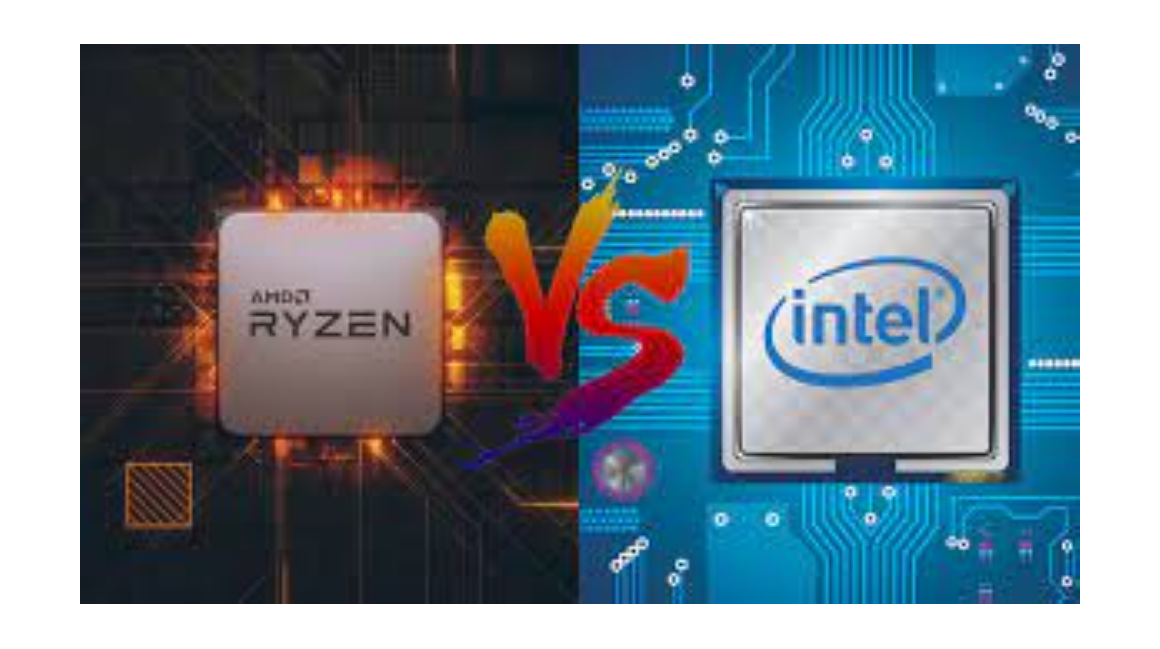Which CPU to Choose? Amd or Intel?

Introduction:
A CPU (Central Processing Unit), also known as a processor, is the primary component of a computer that performs most of the processing tasks. It is the "brain" of the computer that executes instructions and performs calculations, allowing the computer to run programs and perform various tasks.
The CPU is responsible for fetching and executing instructions from software programs, performing arithmetic and logic operations, and managing the flow of data between different parts of the computer. It communicates with other components of the computer, such as the memory and storage, to access and manipulate data.
In a PC, the CPU is typically located on the motherboard and is connected to other components such as the memory, storage, and input/output devices through various buses and interfaces. The speed and performance of a CPU can greatly impact the overall performance of a computer, and it is one of the most important factors to consider when building or upgrading a PC.
The choice between AMD and Intel CPUs ultimately depends on your specific needs and budget. Both companies produce high-quality CPUs that offer excellent performance for a variety of use cases, including gaming, content creation, and general computing.
Requirements:
-
The difference between AMD or Intel :
-
In recent years, AMD has made significant strides in CPU technology and has become a serious competitor to Intel. Their Ryzen series of CPUs offer excellent multi-threaded performance and are often a better value for the money compared to Intel's offerings. Additionally, AMD CPUs tend to come with more cores and threads, making them better suited for tasks that require a lot of multitasking or parallel processing, such as video editing or 3D rendering.

-
On the other hand, Intel CPUs typically offer higher single-threaded performance, which is important for tasks that require fast clock speeds, such as gaming. Intel CPUs also tend to have better integrated graphics, which can be important if you're not planning on using a dedicated graphics card.

Ultimately, the best CPU for you will depend on your specific needs and budget. It's always a good idea to do some research and read reviews to see how different CPUs perform in the tasks that are most important to you. You should also consider other factors such as power consumption, compatibility with your motherboard, and future upgrade options.
-

